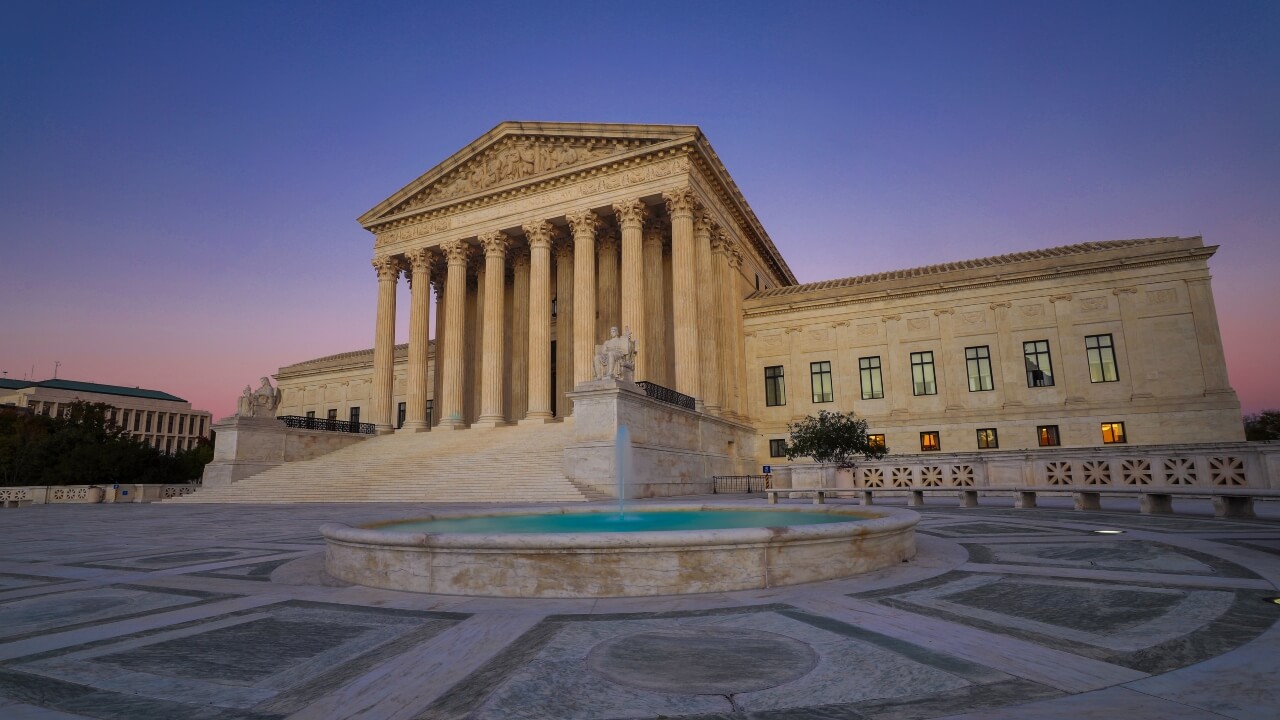Advertisements by state-licensed medical marijuana businesses in Mississippi don’t enjoy First Amendment free-speech protections.
That’s the takeaway, for now, after the U.S. Supreme Court on Monday declined to hear a case brought by a Black-owned MMJ dispensary that challenged Mississippi’s blanket ban on cannabis advertising.
Clarence Cocroft II, the owner and operator of Olive Branch, Mississippi-based Tru Source Medical Cannabis, first sued the state in 2023, seeking to overturn what might be the most restrictive rules on cannabis advertising in the United States.
Despite licensing hundreds of businesses since MMJ was legalized in the state in 2022, Mississippi forbids dispensaries and other businesses “from advertising and marketing in any media.”
That blanket ban reaches beyond billboards – which were at issue in Cocroft’s original appeal – to social media and direct email marketing.
According to USA Today, Cocroft’s Tru Source Medical Cannabis is “tucked away in an industrial park” and, therefore, difficult to locate – or even learn about.
The state justifies its advertising ban on the basis that marijuana remains illegal under federal law.
Both a lower court and an appeals court panel sided with the state against Cocroft.
The U.S. Supreme Court’s rejection of his appeal means a November ruling from the 5th U.S. Circuit Court of Appeals will stand.
In that ruling, a three-judge panel found in part that the U.S. Constitution’s supremacy clause “means that the (federal Controlled Substances Act) is the law in Mississippi regardless of what state law may say.”
“Marihuana is therefore illegal in Mississippi, and the state faces no constitutional obstacle to restricting commercial speech relating to unlawful transactions,” the ruling added.
Institute for Justice, a libertarian-leaning, public-interest law firm, represented Cocroft.
In a statement posted to the ILJ website, attorney Ari Bargil pointed out that Mississippi law has created a situation where a product is legal to sell but illegal to advertise.
“The First Amendment protects the right of people to speak truthfully about their legal businesses,” he said.
“Mississippi has created an entire legal marketplace permitting the sale of medical marijuana, but it is censoring state-licensed dispensaries who want to talk about it.”












